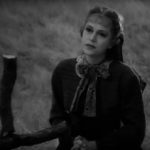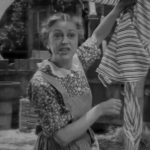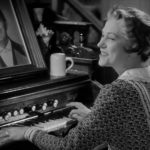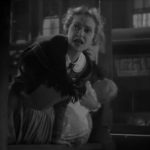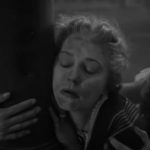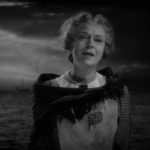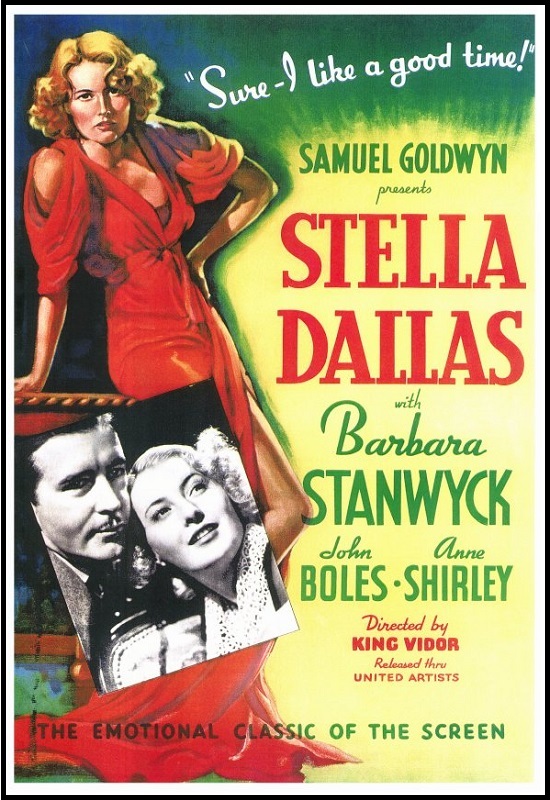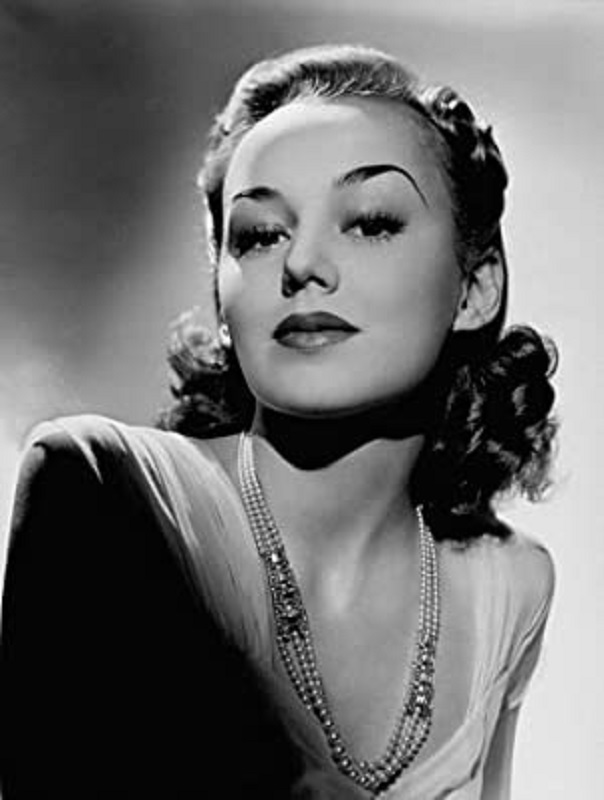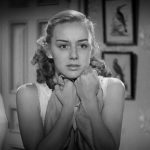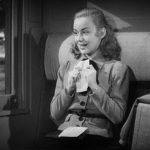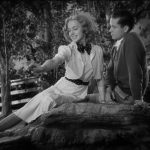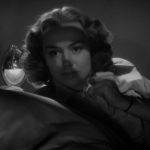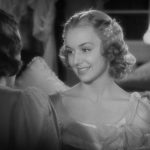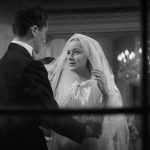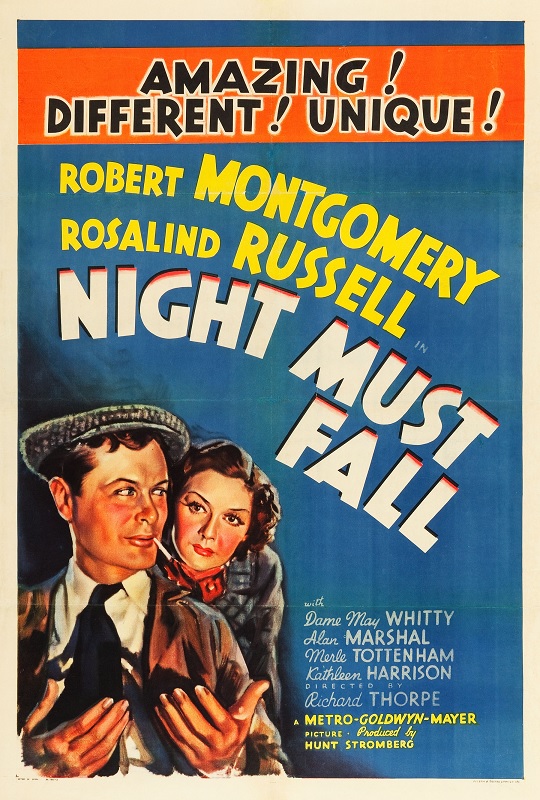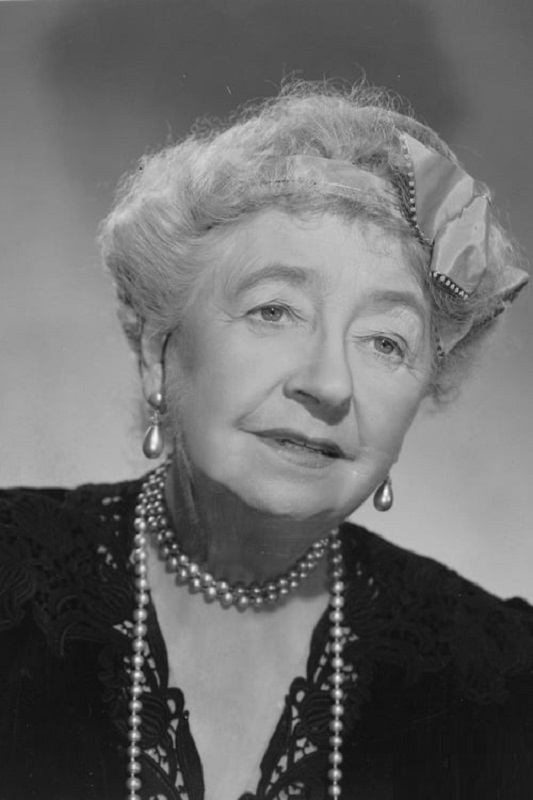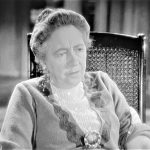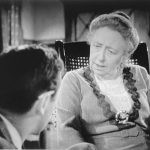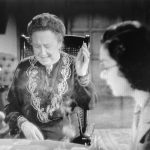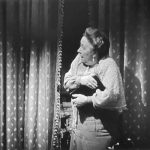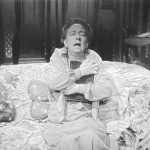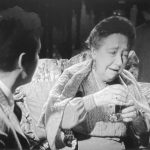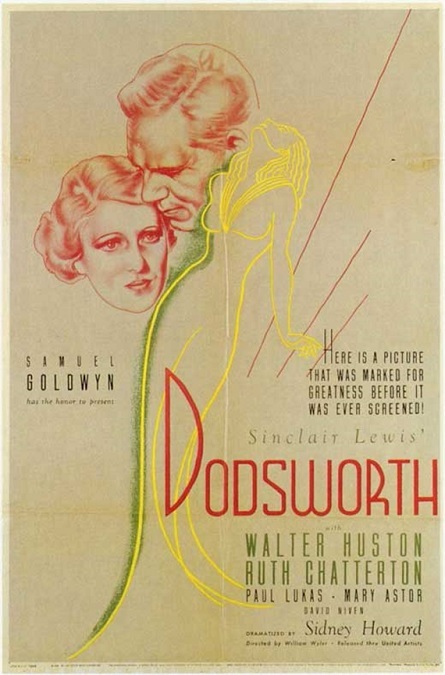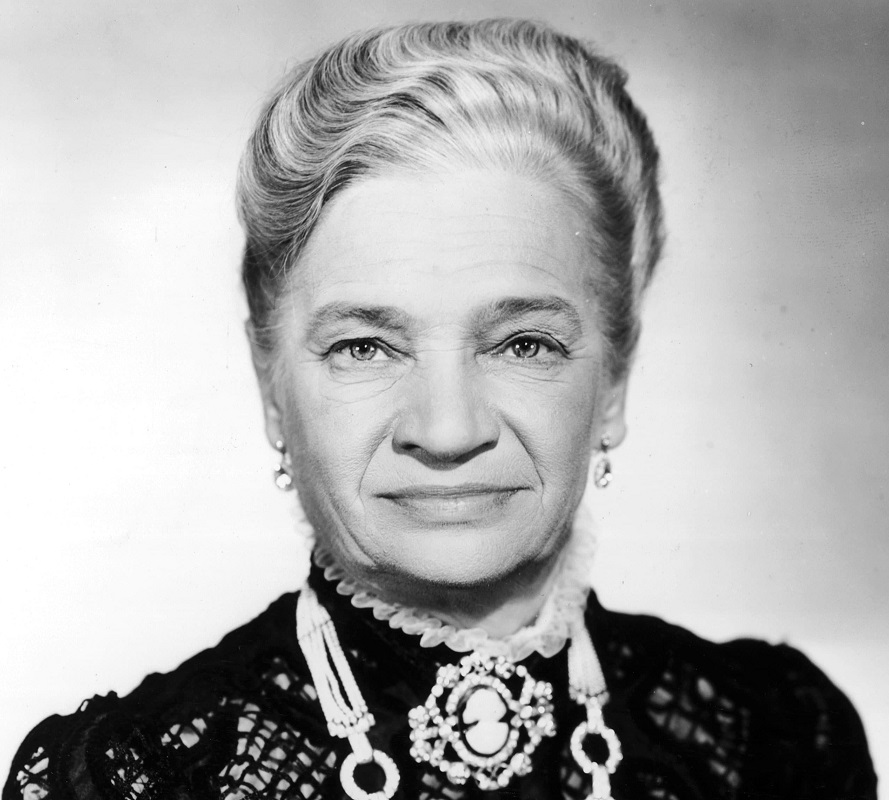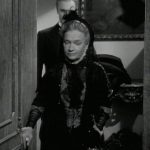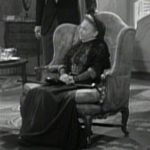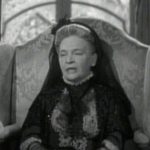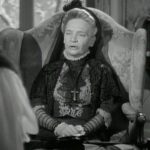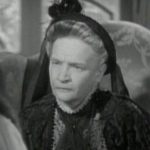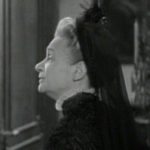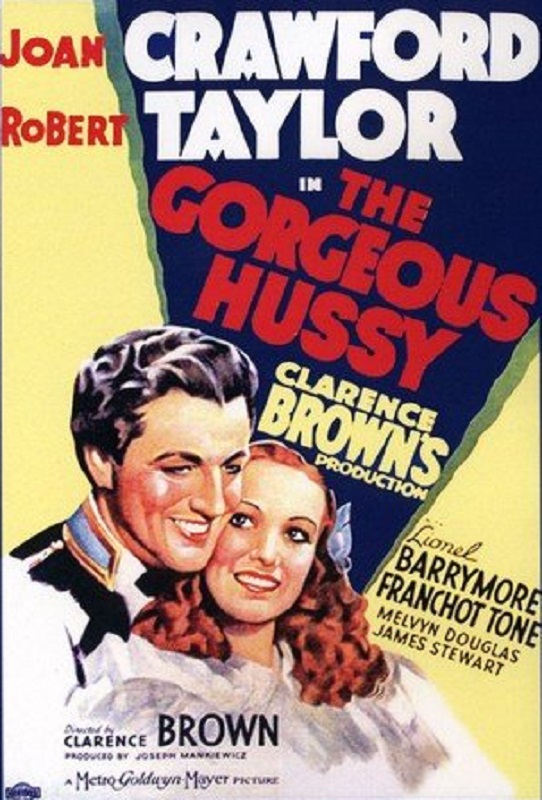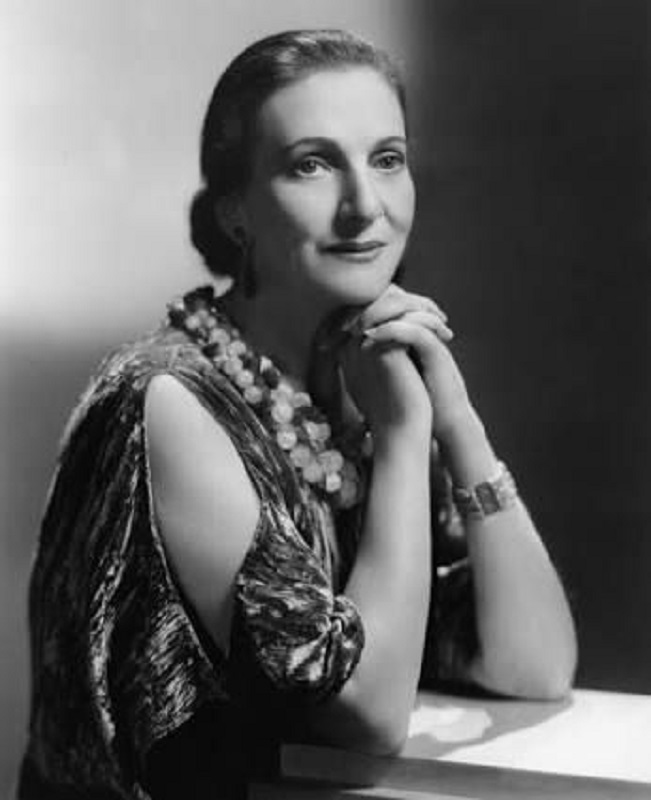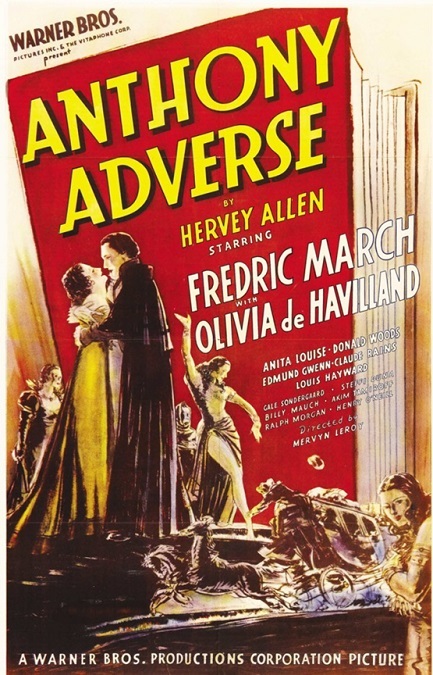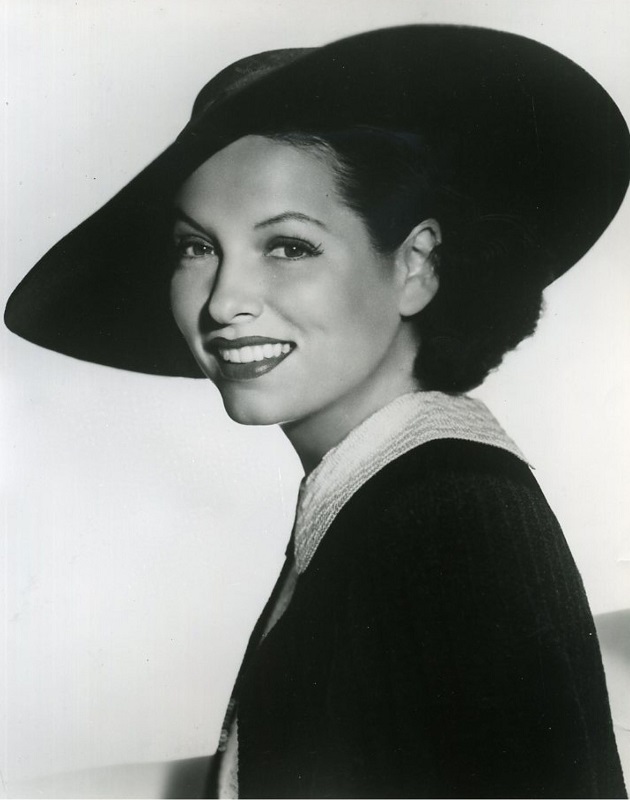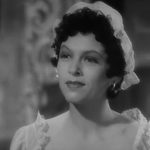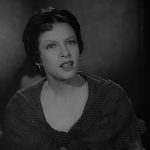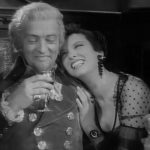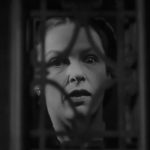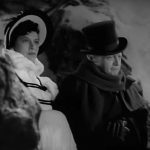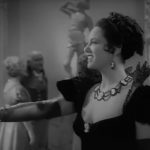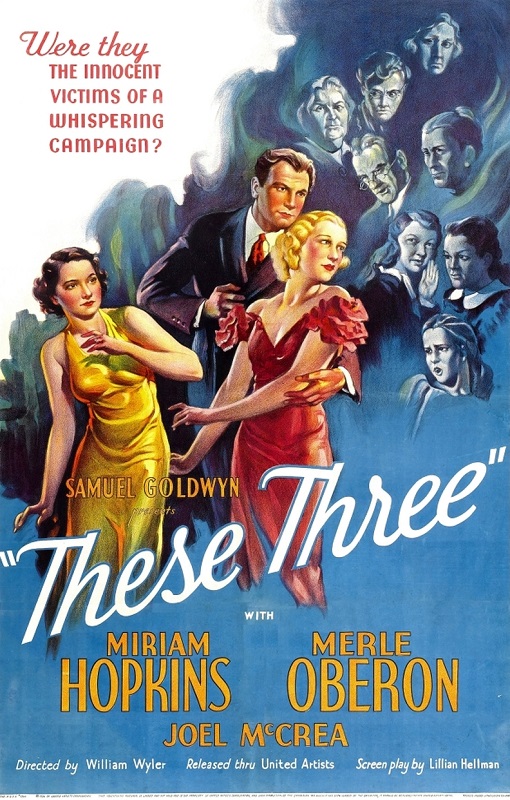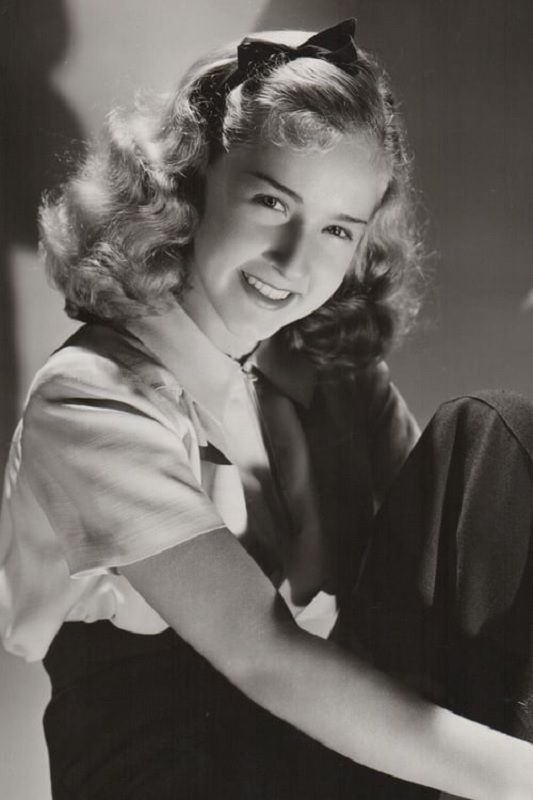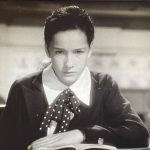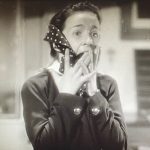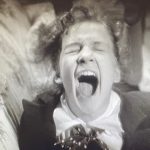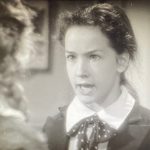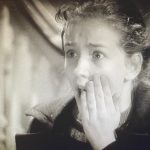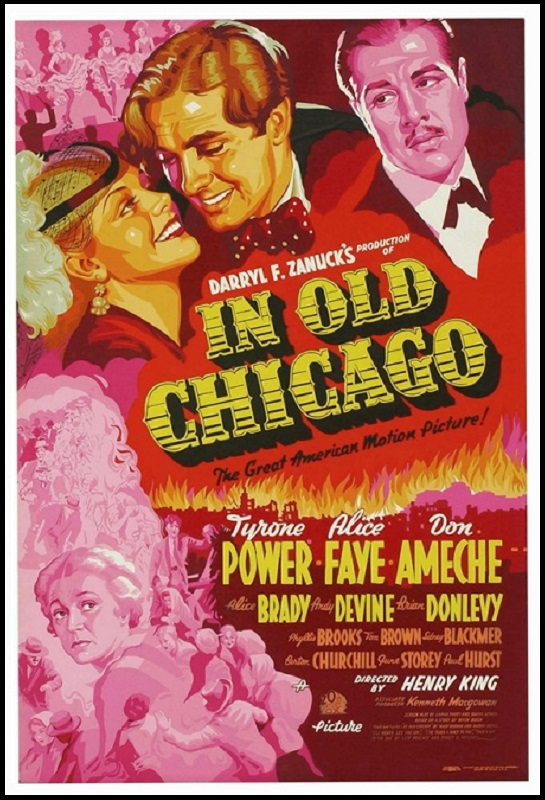
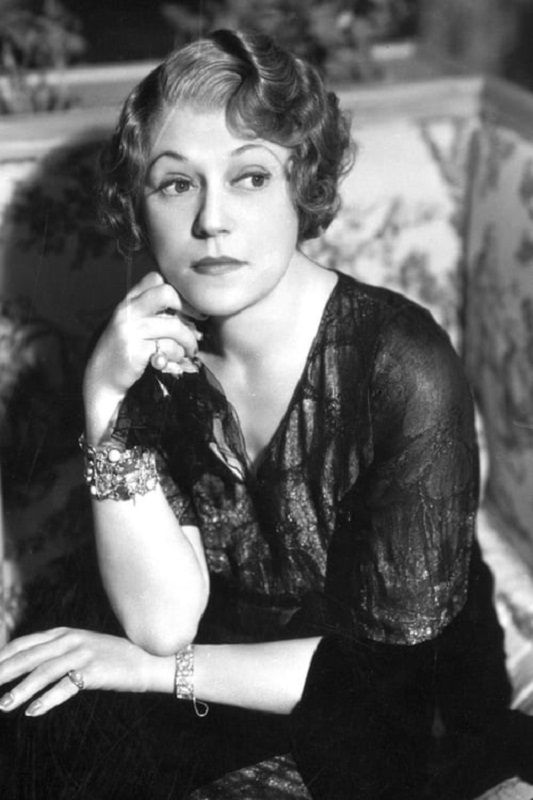

1937 – Alice Brady
In Old Chicago
For the second year in a row, Alice Brady was nominated for Best Supporting Actress. In 1936, she was nominated for her role in the film My Man Godfrey. There, she played a flighty rich socialite. Here, she played the complete opposite, an Irish widow, mother of three boys. Here she had to maintain an Irish accent, and before I go any further, I’m going to give her a ton of respect for pulling that off beautifully. The accent was consistent and believable. So, right off the bat, she has my respect for that, as accents are never easy.
But the accent was just part of the character, which Brady really embodied perfectly. Did she play a bit of a stereotype? In retrospect, maybe, but she did it so well that I didn’t really notice. She was hard-working, and religious to the point of piousness, ready with whatever any situation required, whether it was a scolding or a smile, a tear or a mug of beer. Brady, and the way the character was written, made Molly O’Leary a strong and compassionate woman who held the respect and love of her family.
According to the narrative of the film’s fictional plot, which was based around the reality of the great Chicago fire of 1871, it was Molly’s cow who accidentally started the fire, though it was Molly, herself, who thoughtlessly left a lamp in the barn behind the leg of a cow who was known to kick. When the fire breaks out, Molly does her best to keep her family safe. The only time in the film when the character is shown to let her emotions lead her into a bad decision, is when she leaves her daughter-in-law and infant grandson alone in a rampaging crowd of people fleeing the fire, so that she can retrieve a framed picture of her late husband.
Brady did a fantastic job in the role and I think she deserved her Oscar. She played a strong female character without making her mean or even dour. She made Molly O’Leary a likeable woman, the kind of woman anyone would want to know. And it was she who gave the last minute inspirational speech at the end of the film about the people of Chicago being a strong lot who would rebuild the great city from the ashes. No doubt, that monologue went a fair way to getting her the Oscar win.
